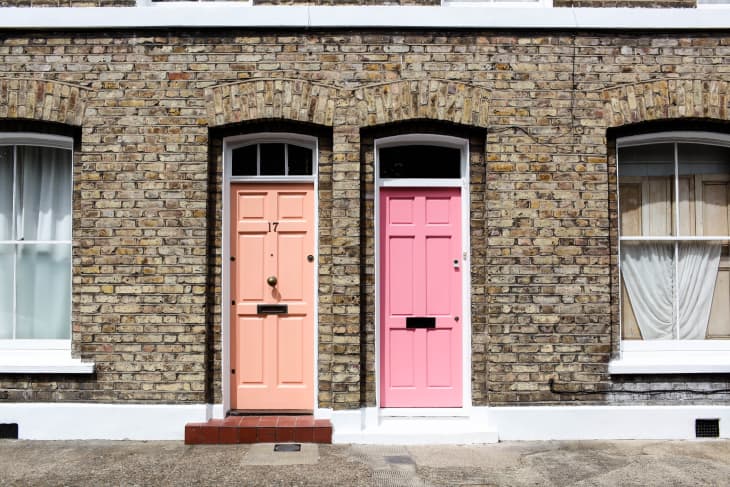4 Reasons Why I Quit Being a Landlord

My husband and I became landlords by accident. He bought a rowhouse in Washington, D.C., back in 2014 — one he’d been living in with friends for several years. When I moved there with him, I suggested we rent out the four-bedroom house and live in a smaller (read: 600 square foot) apartment.
While there are plenty of landlords who put profit ahead of people, that wasn’t our game. I figured renting out the house would be the fiscally responsible thing to do, since we didn’t need all that space in the moment and it could help pay our mortgage while we built equity. So, we moved into a new place about a mile and a half away and self-managed the rental property, setting the rate, finding tenants, attending to maintenance issues, and mowing the lawn.
After taxes and upkeep costs, we did end up making some income off the property — income I’m grateful for. But, after four years, we decided to quit being landlords. Here are four reasons why.
The real estate market is irresistibly hot.
We knew the rowhouse wouldn’t be our forever home. We also knew we might not see a market this hot anytime soon. Selling during a seller’s market was a no-brainer.
And if we truly wanted to sell, time was of the essence, especially as real estate agents warn that the market may cool in coming months. “We’ve seen massive appreciation [in home prices] across the board over the past 18 months,” explains John Coleman, a real estate agent in D.C. “With inflation, we’re predicting that interest rates will adjust sooner rather than later. Rising interest rates, even at just half a percent, affect buyer affordability and lower a seller’s ability to get top dollar.”
To get the highest possible sale price for our rental home, we needed to list while interest rates were low. That plan worked. We sold for over the listing price — a listing price we couldn’t have imagined would be realistic just a year ago.
Property taxes became cost prohibitive.
Our neighborhood became increasingly trendy over the past several years, and property taxes rose accordingly. One month after a new tenant signed a year-long lease in May 2020, our monthly payment rose by over $600 — a number that, if we’d known was coming, would have significantly impacted the monthly rent equation. Subtract the taxes we paid on rental income and the difference was barely worth the work we put into managing the property.
Some Old House Problems were likely on the way.
Our house was nearly 100 years old. It had been renovated roughly a decade ago and, beyond one leaking bathroom — a $10,000 fix — we hadn’t dealt with major issues. But we knew they were coming. The price tag of replacing a roof, a fence, or even front porch columns could easily add up. The rental income would not cover those expenses, nor would write-offs make the bills any less painful. With these repairs on the horizon at some point in the coming years, it seemed time to cut our losses.
Negotiating with tenants in a pandemic felt icky.
In March 2020, two of our tenants moved home and asked to break their leases. Given the sense of impending doom that was hanging in the air, what we were supposed to say? “No, you have to keep paying rent in D.C. while living in another state indefinitely?”
Finding the balance between human relationships and business agreements is difficult, and we weren’t prepared — or willing — to drop the hammer. In the end, it made more sense to give new buyers, a newlywed couple who I imagine is excited to start their life in the home, a chance at owning the place, rather than risk an uncertain rental market — and world.